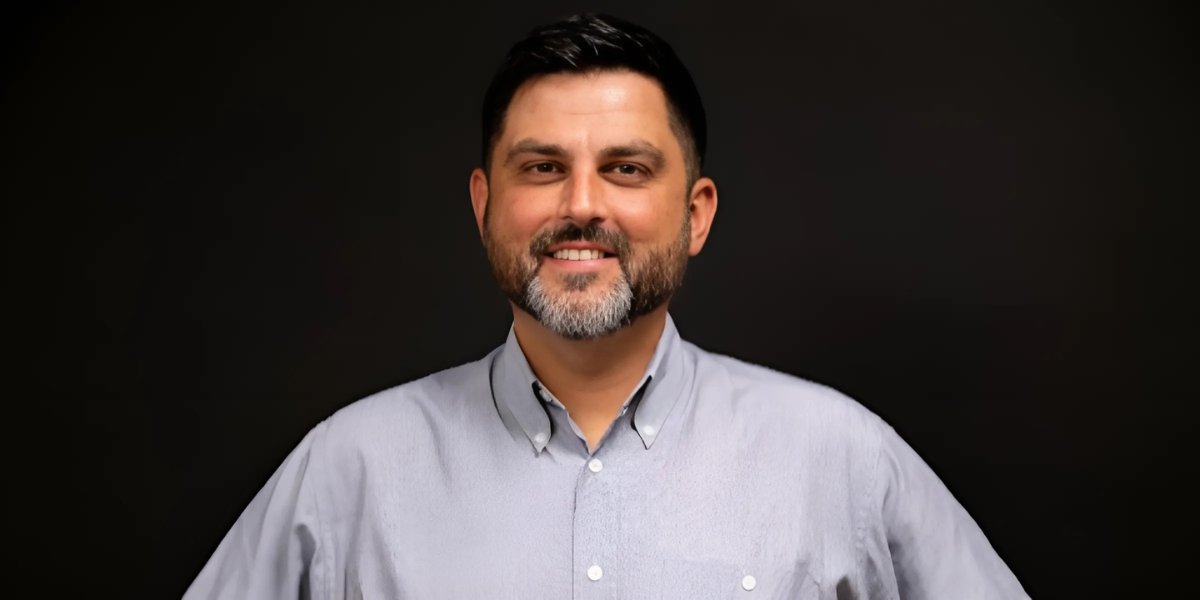By: Samantha Reed
In a time when America’s education system is facing significant challenges—underfunded schools, teacher shortages, and widening inequities—Nicole R. Terrizzi offers a timely and deeply personal perspective through her memoir, Learning in Free Fall. The book chronicles her two-year teaching experience in Kansas City through the Teach for America program, where she not only encountered the pressures of the classroom but also faced a growing personal crisis.
Raised in a low-income household in rural Iowa, Terrizzi came to teaching with a strong sense of purpose. She understood the potential impact of education, having overcome her own early struggles with trauma and mental health. Motivated by the desire to make a difference, she joined Teach for America and stepped into a classroom at a school labeled as “failing.” What she encountered, however, extended beyond lesson plans and standardized tests.
Terrizzi quickly realized that teaching in an underserved school involved navigating a complex emotional landscape marked by systemic neglect, challenging disciplinary practices, and institutional barriers. As she sought to advocate for her students and report misconduct, she found herself increasingly isolated. The resistance from administrators and colleagues led to her being labeled a “problem teacher,” a designation that carried significant weight.
Rather than withdrawing, Terrizzi committed herself further. Having grown up in a household affected by addiction and emotional unpredictability, she recognized similar struggles in her students. Her empathy became a way to build meaningful, trust-based relationships with children who often felt overlooked or misunderstood. But this emotional closeness, while impactful for her students, also exacted a personal toll.
With her family far away and limited support systems, Terrizzi dedicated herself deeply to her work. She provided not only academic guidance but emotional support, often extending beyond her formal role. While such dedication is widely regarded as valuable—and research suggests that strong teacher-student relationships can improve outcomes—Terrizzi acknowledges that she may have blurred important boundaries. “I wanted to be the adult I needed when I was younger,” she reflects, “someone who listened and cared, no matter what.”
Over time, the emotional weight of her role became difficult to sustain. The school’s unpredictable environment began to reflect aspects of her own difficult upbringing, complicating her ability to separate past from present. The strain on her mental health increased. Despite her passion for teaching and commitment to her students, she struggled to maintain balance. Eventually, she sought professional help, beginning a mental health journey that included therapy, medication adjustments, and electroconvulsive therapy.
Learning in Free Fall is not only a story of personal resilience—it is also a call for change. Terrizzi does not regret entering the classroom. On the contrary, she maintains a deep belief in education’s potential to transform lives. However, she also emphasizes that teachers cannot—and should not—be expected to bear the emotional burdens of flawed systems alone.
Throughout the memoir, she encourages policymakers, school leaders, and the public to rethink how educators are supported. Teachers, she argues, need more than training and curriculum guides. They require accessible mental health resources, professional environments that prioritize well-being, and the freedom to advocate for their students without fear of retaliation. Teaching is not only intellectual—it is emotionally demanding, and systems must respond accordingly.
Terrizzi also advocates for proactive approaches to student mental health that begin well before crisis points. Integrating emotional regulation, mindfulness, and coping strategies into the school day could have a meaningful impact—not only for students but also for the educators who support them.
Now several years removed from the classroom, Terrizzi brings the lessons of those years into her daily life. Her reflections are candid and compassionate, highlighting the complex relationship between care and burnout, advocacy and alienation. Through her writing, she opens the door to broader conversations about how to support both students and teachers in America’s schools.
Her memoir offers a hopeful perspective—not based on blind optimism, but on honest experience and a belief that improvement is possible. “Caring deeply,” she writes, “should not lead to collapse. It should lead to community.”
Learning in Free Fall is a recommended read for those interested in education, mental health, or the experiences of those serving on the front lines. Nicole R. Terrizzi’s story contributes thoughtfully to a national dialogue, reminding us that a truly equitable education system must support everyone—students and teachers alike—in thriving.
Learning in Free Fall by Nicole R. Terrizzi is available on major platforms including Amazon and Barnes & Noble. It is offered in hardcover, paperback, and eBook formats. Signed copies and exclusive bundles are available through the author’s website at NicoleTerrizzi.com. This memoir provides a compelling and timely account of resilience, advocacy, and the pursuit of equity in education.
Disclaimer: This article is based on personal experiences and publicly available information. It is intended for informational and inspirational purposes only and does not constitute professional medical, legal, or educational advice. Readers are encouraged to consult qualified professionals for guidance specific to their situations.
Published by Joseph T.








